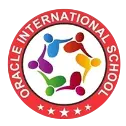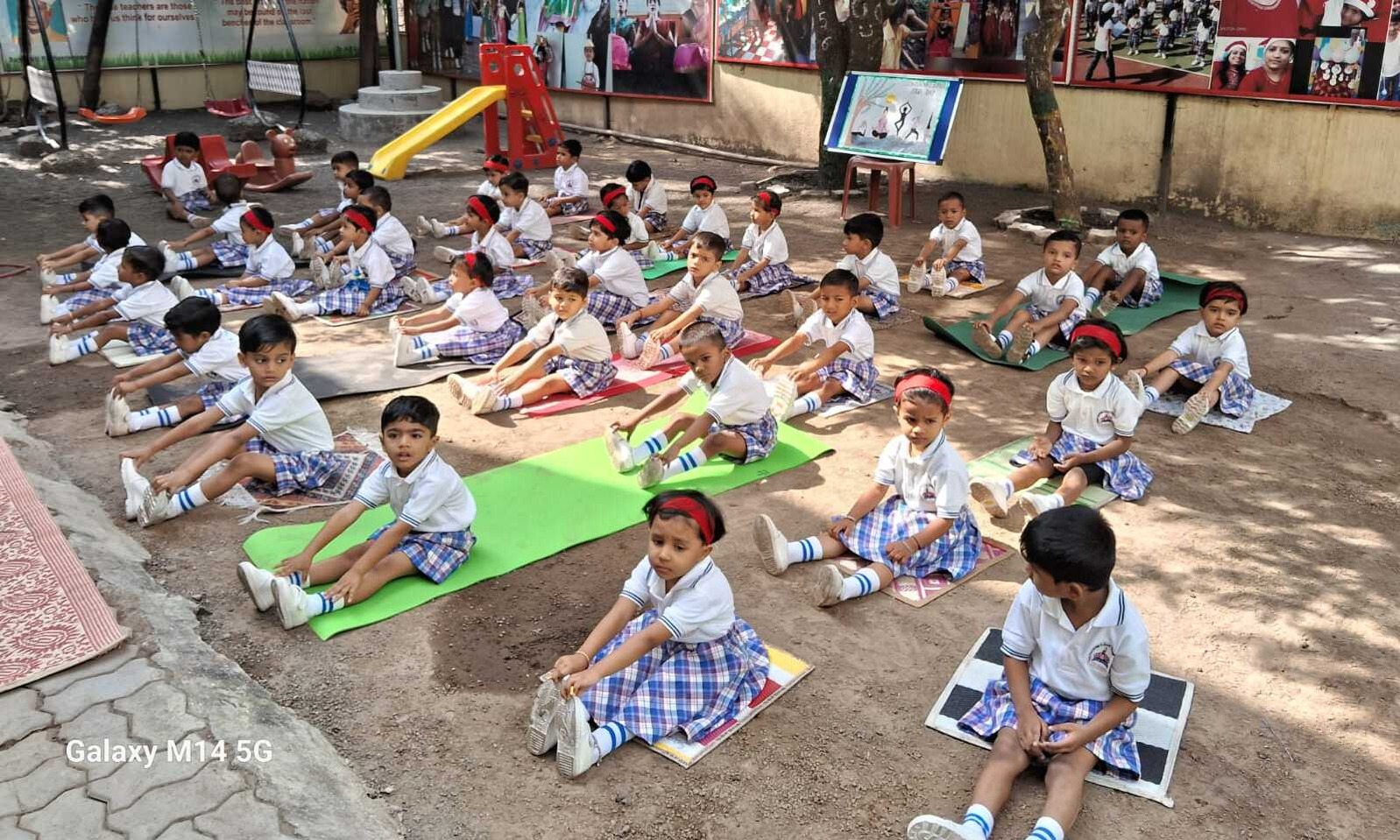In India, the preschool years are a crucial stage for a child’s cognitive and language development. Early exposure to learning activities, such as rhyming words, plays a vital role in shaping a child’s communication skills, creativity, and memory. Rhyming helps children recognize sound patterns, improving their phonemic awareness, which is essential for reading and writing. It also makes learning fun and engaging, fostering a love for language from an early age. By introducing rhyming words through playful methods, parents and educators can enhance a child’s vocabulary, pronunciation, and listening skills, laying a strong foundation for future academic success.
What Are Rhyming Words and How They Help Children Learn
Rhyming words are words that have similar ending sounds, such as cat-hat, dog-frog, and run-fun. For young children, learning rhymes is an effective way to develop phonemic awareness, which is essential for early reading and language development. By recognizing sound patterns, kids can easily understand, adapt, and remember basic words, improving their vocabulary, pronunciation, and comprehension skills. Rhymes also make learning enjoyable, encouraging children to engage with language through songs, stories, and playful activities.
Role of Pre-Primary Schools in Pune & Pimpri-Chinchwad
In Pune and Pimpri-Chinchwad, pre-primary schools play a crucial role in fostering language skills among young learners. Many schools focus on phonics-based learning, storytelling, and interactive rhyming activities to enhance early literacy. With a strong emphasis on play-based education, these schools create an engaging environment where children naturally absorb new words. The growing education sector in these cities ensures that kids receive a solid foundation for lifelong learning.
Sing Nursery Rhymes Together
Nursery rhymes are a great way to introduce young children to rhyming words. Rhymes like “Twinkle, Twinkle, Little Star”, “Jack and Jill”, and “Humpty Dumpty” have repetitive sounds that help kids recognize word patterns. Singing these rhymes with gestures makes learning engaging and interactive. Pre-primary schools in Pune incorporate nursery rhymes into daily lessons to enhance language development. The rhythmic patterns in songs improve pronunciation, listening skills, and word recognition. When children sing and repeat rhyming words, they naturally develop a stronger vocabulary, making it easier for them to grasp new words in a playful and enjoyable way.
Play Rhyming Word Games
Rhyming word games encourage children to recognize and match words with similar sounds. Games like “Find the Rhyme”, where kids match words like “cat-hat”, “dog-frog”, and “run-fun”, make learning interactive. Another fun game is “Rhyme Time Clap”, where children clap every time, they hear a rhyming pair. Pre-primary schools in Pune use flashcards, puzzles, and digital tools to make rhyming activities engaging. These games help children improve their phonemic awareness, memory, and listening skills. By turning learning into a fun experience, kids naturally grasp rhyming words and develop a love for language.
Read Rhyming Storybooks
Reading rhyming books helps children develop an understanding of phonetics and word patterns. Books like Dr. Seuss’s “The Cat in the Hat”, “Green Eggs and Ham”, and “Fox in Socks” use repetitive rhyming structures that make words easy to remember. Pre-primary schools in Pune focus on storytelling sessions where teachers emphasize rhyming words while reading aloud. Kids enjoy predicting the next rhyming word, which improves their cognitive skills and reading fluency. Encouraging parents to read rhyming books at home also reinforces learning. The rhythm and repetition in stories make language more enjoyable and help children grasp new words effortlessly.
Create Simple Rhyming Songs
Music-based learning is one of the best ways to teach rhyming words. Encouraging children to create their own short rhyming songs makes learning interactive. For example, a simple song like “The sun is fun, let’s go for a run!” helps kids practice rhyming words naturally. Pre-primary schools in Pune integrate music and movement in their lessons, allowing children to sing and dance while learning. Creating rhyming songs helps improve pronunciation, creativity, and memory. By associating words with music, kids find it easier to remember new vocabulary, making learning enjoyable and long-lasting.
Engage in Rhyming Word Sorting
Rhyming word sorting is an excellent hands-on activity for children to visually group words with similar sounds. Teachers provide sets of words like “ball-tall”, “tree-bee”, and “car-star” and ask children to match the pairs. Pre-primary schools in Pune use colourful flashcards and interactive worksheets to reinforce this activity. Sorting rhyming words helps children build connections between similar sounds, improving their phonetic skills. It also enhances problem-solving abilities and boosts memory. By making the activity fun and visual, children learn to recognize patterns in words effortlessly, strengthening their early literacy foundation.
Engage in Rhyming Word Sorting
Integrating rhyming words into everyday speech makes learning natural and fun. Parents and teachers can use simple rhymes while talking to children, such as “Eat your beet, it’s such a treat!” or “Time to sleep, don’t make a peep!”. Pre-primary schools in Pune incorporate rhyming conversations in their daily activities, encouraging kids to respond with rhyming words. This technique improves vocabulary, pronunciation, and fluency in a playful manner. When children hear rhyming words regularly, they start recognizing sound patterns without effort. By making rhymes a part of daily conversations, kids develop a strong foundation for reading and language skills.
Act Out Rhyming Words
Using actions to teach rhyming words makes learning more engaging. For example, children can “hop” when they hear “pop”, or “run” when they hear “fun”. Pre-primary schools in Pune include drama-based activities where children act out rhyming words to reinforce learning. This method helps children associate words with actions, improving memory retention and comprehension. Role-playing games, storytelling with gestures, and interactive exercises make rhyming lessons enjoyable. When children physically engage with words, they remember them better, making it easier to develop early reading skills. Acting out rhymes also boosts confidence and social interaction among young learners.
By incorporating these fun and simple activities, pre-primary schools in Pune help children develop a love for language while strengthening their foundational literacy skills.
For parents looking for a well-rounded learning environment, Oracle International School in Pune is a top choice for pre-primary education. The school focuses on holistic development, fostering creativity, language skills, and cognitive growth through engaging activities like rhyming games, storytelling, and interactive learning. With four branches across PCMC and Pune, Oracle International School is a preferred destination for early childhood education. Our structured curriculum ensures that little learners develop strong foundational skills in a fun and nurturing environment. To explore their programs and facilities, visit our website and discover how they inspire young minds for a bright future.


